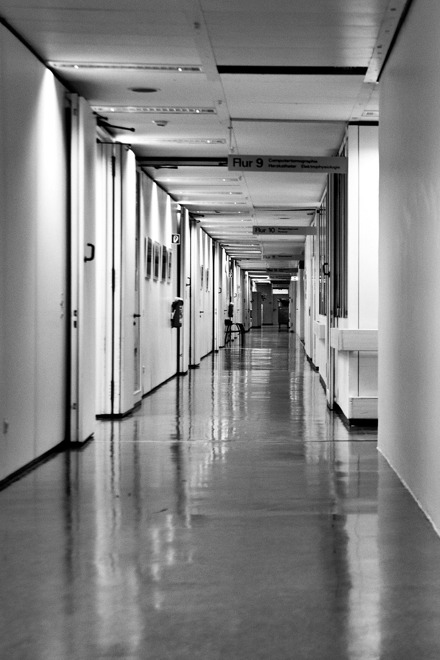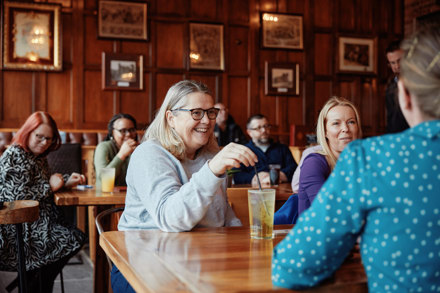
Seriously Injured or Let Down by Medical Care? How to Claim the Support You Deserve
If you’ve suffered a serious injury - whether in an accident or because of a medical mistake - life can change in an instant. Compensation can help you cope with what’s happened.

Just Between You and Me… How Useful Are NDAs in Reality?
Does an NDA really provide the protection you're looking for? Or have these agreements become more of a symbolic gesture, rather than a shield against prying eyes?

Still Growing. Still Human. Still Us.
The 2025 Codex Edge report just dropped. And yes, Legal Studio is in it again. We’re proud to be recognised as one of the Top 10 fastest-growing platform firms under 30 consultants in the UK.

Is Your Break Clause Too Conditional?
In this article I’ll talk about how lease break clauses work, some common pitfalls, and how to avoid them

The Contractual Cornerstone: Why Understanding Contracts is Crucial for Business Success
Contracts often get a bad rap: seen as dry, legal documents that must be navigated before the real work can begin. But this perception is a disservice to the vital role contracts play in business success. A deep understanding of what a contract truly says can be the difference between thriving and just-about-surviving.

Does a lottery winner need a legal adviser?
A winning the lottery ticket would also be a ticket to the good life surely? While lottery winnings in the UK are tax-free, inheritance tax can take a significant portion of your fortune if proper planning isn’t in place.